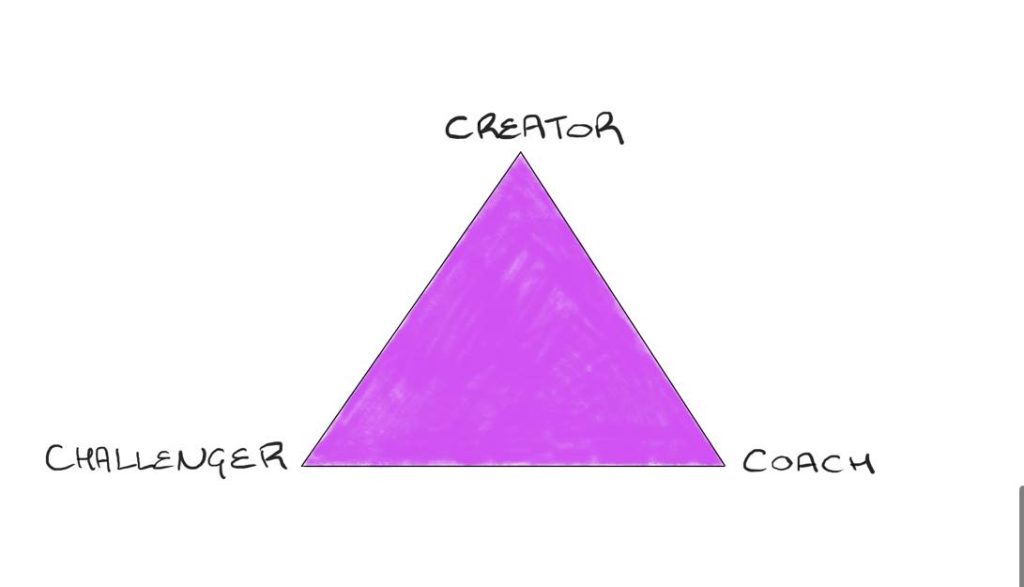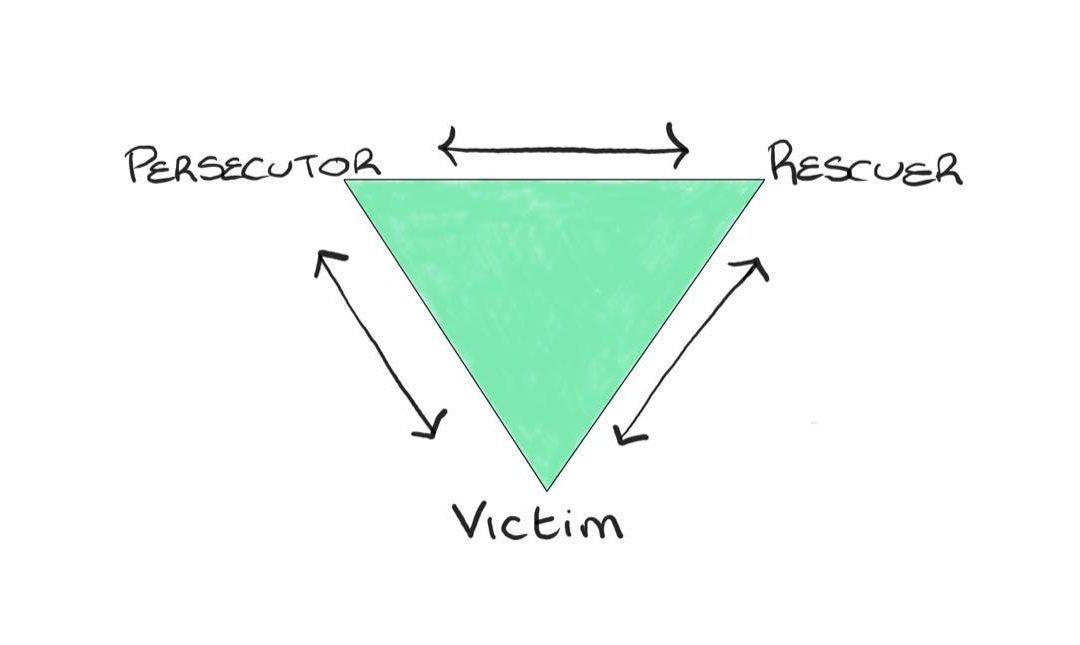Guest writer Katie Beth will be starting a new series on Your Herefordshire focused on Mental health and wellbeing.
The first instalment is called The Drama Triangle
The ‘Drama Triangle’ originated from Dr Stephen Karpman where he identified three roles in which people play when in an insidious relationship be it with a partner, friend, work colleague and so forth. The triangle has three positions which are ‘victim, persecutor and rescuer’ and rotate and shift in a cycle for the people within it producing no resolution for the conflict.
Victim: The victim won’t take responsibility or accountability for their situation, behaviours or actions. They also don’t think they have the power to make changes and therefore feel redundant to this role but may also revel in it because they may think it makes them feel important. They place blame on the persecutor for making them feel bad and always seek a rescuer to bail them out of situations instead of doing things for themselves.
Persecutor: The persecutor will place blame on the victim and criticise the rescuer for helping them. They are critical, oppressive, controlling, aggressive and will find fault without providing a solution which keeps the victim oppressed.
Rescuer: The rescuer will try to ‘save’ the victim. They feel guilty watching people suffer but by constantly helping others, despite their genuine care, avoids their own issues. They may literally be loving the victim to bits as by not allowing them to find the answers for themselves they are keeping them in their situation of hopelessness, dependence and demise. Also by rescuing the victim it enables the victim to carry on with their self destructing behaviours.
Example: –
Wife: The house is a mess! You have no regard for anything! (Persecutor)
Husband: I’m sorry, I’ve been so tired today and don’t feel very well. (Victim)
Wife: It’s not just today though it’s everyday! (Persecutor)
Husband: Yeah well it’s not like you couldn’t do more either instead of going out all the time! (Persecutor)
Wife: I need time to see my friends just as much as you do! (Persecutor)
Husband: Okay, I’m sorry. Please stop shouting at me. (Victim)
Wife: I’m sorry too, I’ll sort the house out so you can go to bed early. (Rescuer)
In this example the wife was aggressive and persecuted the husband for leaving the house a mess. He continues by getting defensive and playing the victim by putting excuses in the way and not taking responsibility but then shifts roles by rising to the anger of the wife. The result is the wife playing the rescuer by doing the husbands task absolving him of taking responsibility which she will later resent and so the cycle will continue on another day.
Self awareness is essential to moving out of this toxic triangle. Ask yourself:
- What role am I playing?
- How is this role serving me?
- Do I want this role?
- How can I change it?
- What actions are needed to change it?
Use these answers to move into the ‘Empowerment Triangle’

Victim > Creator: The Creator creates outcomes and not problems or defences in a situation. They will take responsibility for initiating actions and problem solve to achieve a positive desired outcome.
Persecutor > Challenger: The Challenger will support the victim by challenging assumptions and focus for the development and growth of the victim or rescuer. They will demonstrate assertiveness and call out negative behaviours which will aid the others to take responsibility and accountability. They will lift people and not criticise.
Rescuer > Coach: The Coach will be compassionate to the creator and empower them to help them develop and achieve goals. They encourage the challenger and will support others to help the creator find their own solutions.
Example: –
Instead of the wife going in to the conversation aggressively she could have started it as follows:
When the house is messy it really upsets me and causes me a lot of stress. I understand you are feeling tired today but when you are rested I would really appreciate it if you could tidy up after yourself and I will make sure to do the same.
By starting this way the wife has validated how the husband is feeling whilst also validating her own feelings without accusing anyone. It allows for the husband to take responsibility for their part as well as the wife.




